Key Facts
- Regular home maintenance helps prepare for seasonal changes.
- Simple tasks like checking HVAC systems and sealing drafts can improve comfort and efficiency.
- Preventative care, like cleaning gutters and pruning trees, protects your home from potential damage.
As the seasons change, it’s important to make sure your home is ready to handle the shifts in temperature and weather. Taking the time to maintain your home can save you from costly repairs and ensure your home stays comfortable. Whether you’re a new homeowner or have been living in your home for years, these home maintenance tips for preparing your home for the changing seasons are simple, effective, and easy to follow.

Check Your Smoke and Carbon Monoxide Detectors
As the weather cools down and we spend more time indoors, fall is the perfect season to inspect your smoke and carbon monoxide detectors. These devices are your first line of defense against fire and dangerous gas leaks, and ensuring they’re working properly can keep your home and family safe. Start by testing each detector using the test button, and replace batteries if needed. Most experts recommend replacing batteries at least once a year, and the devices themselves every 7–10 years. Check for dust or debris that could interfere with the sensors, and wipe them clean if necessary. For carbon monoxide detectors, make sure they are installed near sleeping areas and away from fuel-burning appliances. Having functioning detectors can provide peace of mind as you cozy up inside this fall. Stay safe, and don’t skip this simple but crucial home maintenance task!
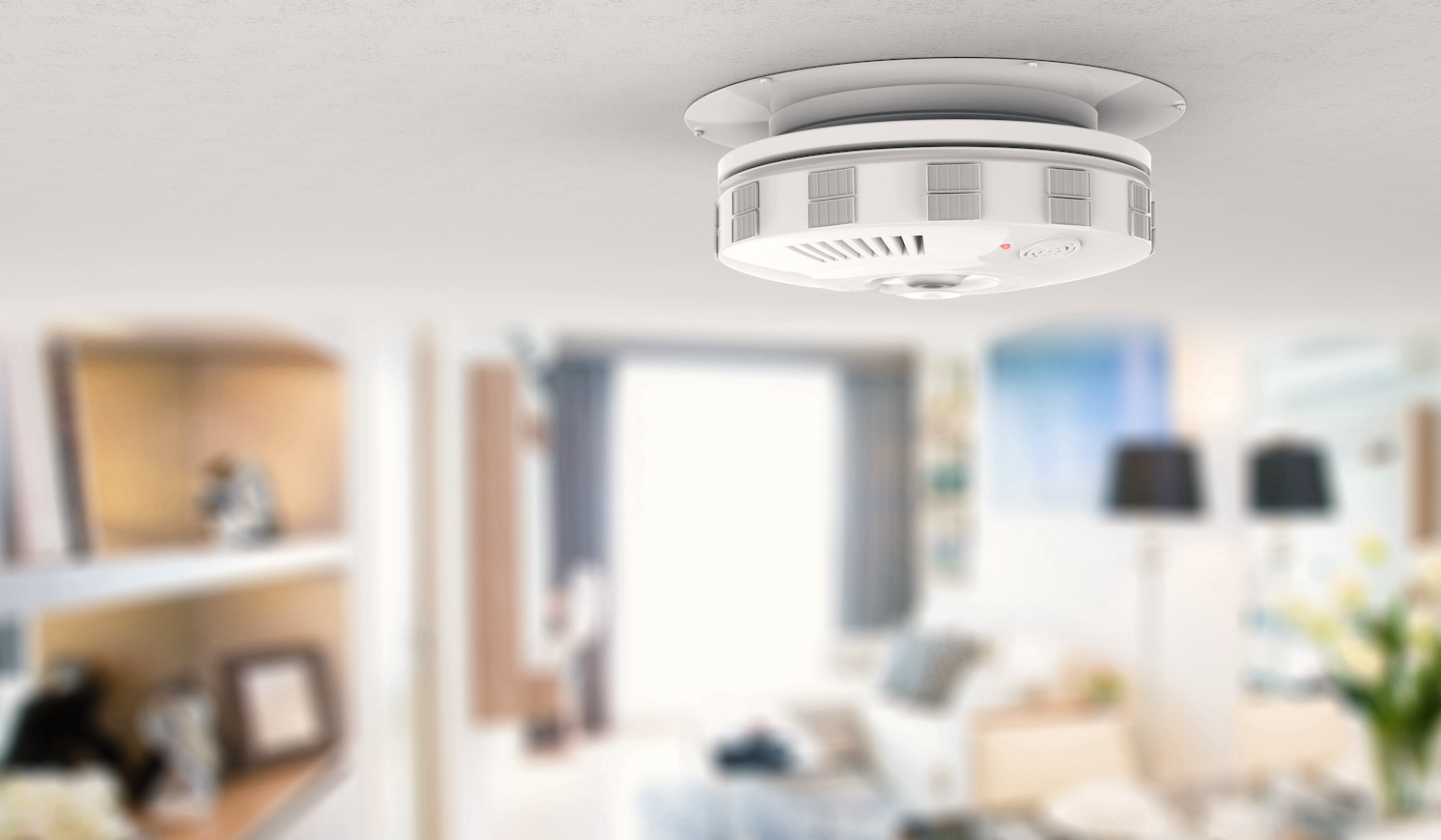
Inspect Your HVAC System
One of the first things to check as the seasons change is your HVAC system. Ensuring your heating and cooling system is working efficiently is crucial for maintaining a comfortable indoor temperature, no matter the weather outside. Schedule regular maintenance, and don’t forget to replace the air filters. Dirty filters can reduce airflow, cause your system to work harder, and lead to higher energy bills.
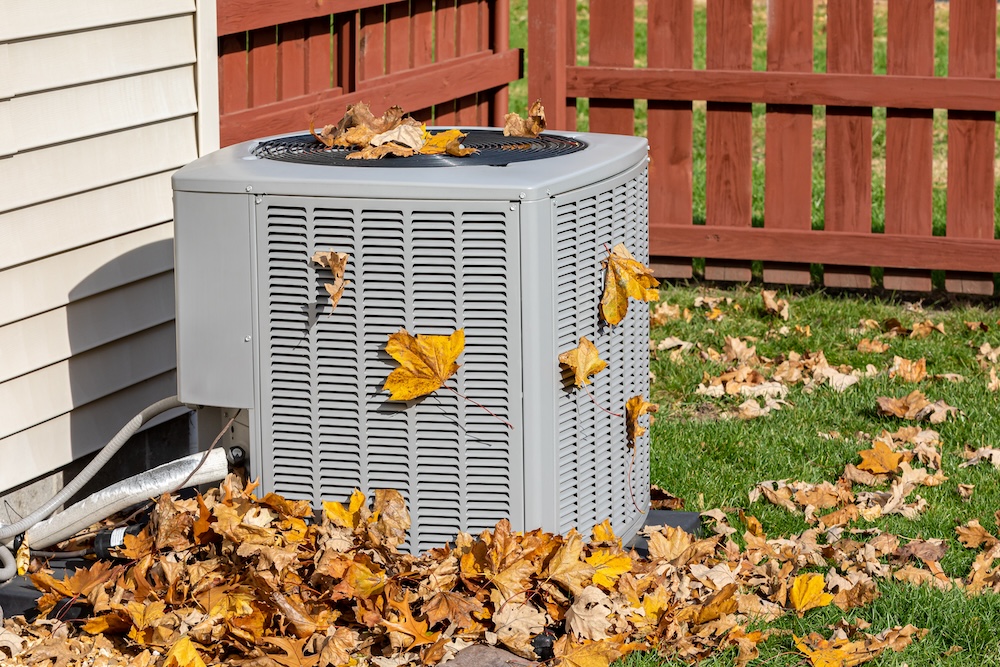
Protect The Pipes
Frozen pipes can lead to costly and stressful water damage, but a few simple steps can help you avoid the hassle. Insulate exposed pipes in areas like your basement, attic, or crawl spaces using foam insulation or heating tape. During extreme cold, let a small trickle of water run through pipes in exterior walls to keep them from freezing. Don’t forget your outdoor plumbing and tools, too. Once gardening season ends, drain and disconnect hoses, then shut off the water supply to outdoor faucets. Trapped water can freeze and cause cracks in hoses or faucets. If you live in a colder climate, consider installing frost-proof hose bibs for extra protection. Finally, store gardening tools and patio furniture in a dry, sheltered space to prevent winter damage.
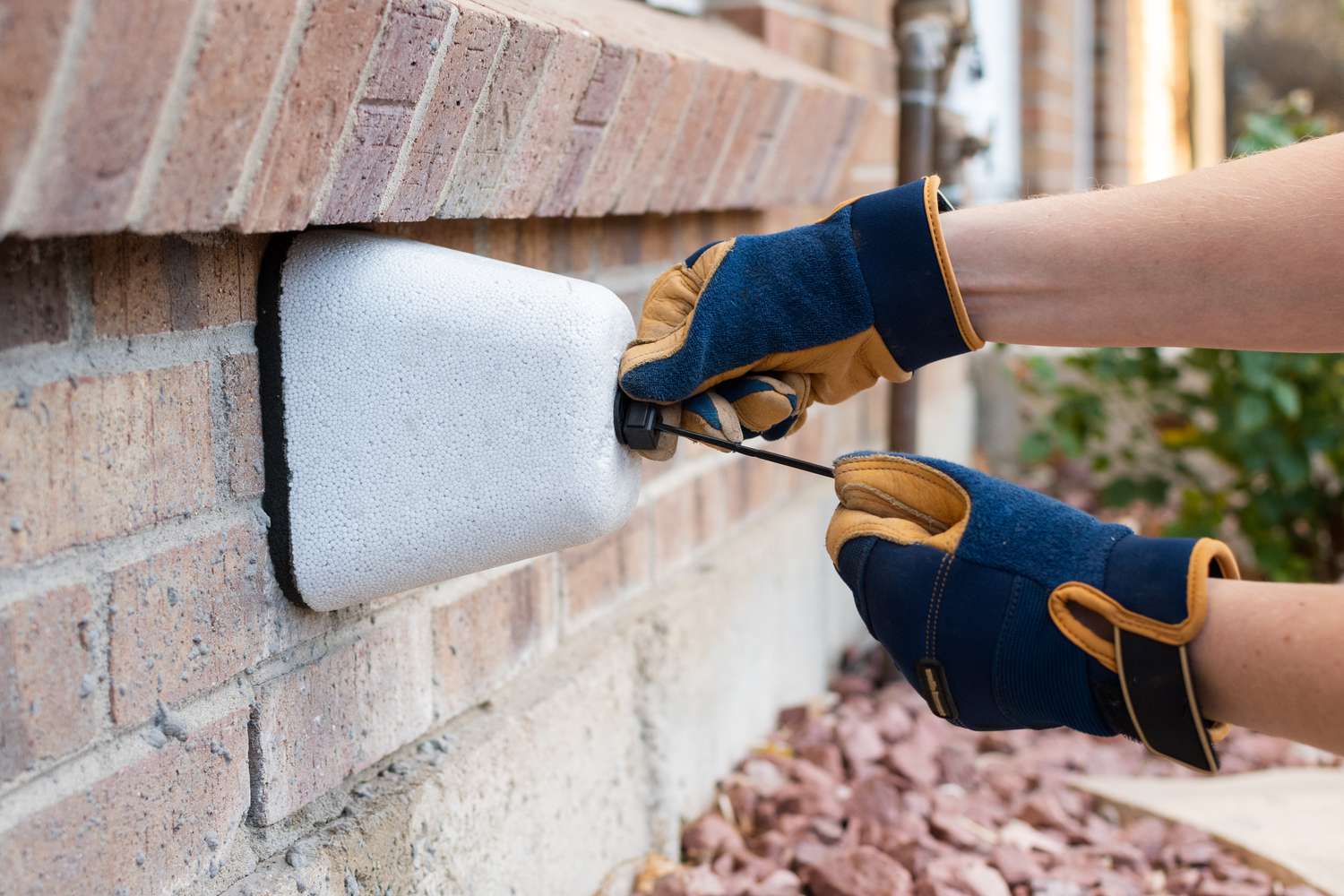
Check Windows and Doors for Drafts
Drafty windows and doors can let conditioned air escape, making it harder to regulate your home's temperature. Inspect the seals around windows and doors to ensure they’re airtight. If you feel a draft, applying weather stripping or caulking can help seal gaps and improve energy efficiency. This small step can have a big impact on your comfort and energy costs as the seasons change.

Reverse Your Ceiling Fans
As temperatures drop and you start using your heating system, don’t forget to reverse your ceiling fans! Most fans have a switch on the motor that lets you change the blade direction. In the winter setting, blades should rotate clockwise at a low speed. This pulls cool air up and pushes warm air down along the walls, helping to distribute heat more efficiently and potentially lowering your energy bills. It’s a quick, simple adjustment that keeps your home cozy and your heating system working smarter all season long.

Inspect Roof and Gutters
Inspecting your roof for missing or damaged shingles in the fall can help prevent costly repairs once winter arrives. Gutters play an important role in directing water away from your home’s foundation, but they can easily become clogged with leaves, debris, or dirt. Cleaning your gutters is an essential task for preparing your home for the changing seasons. Regularly clear them out to prevent water damage, especially during rainy months. Well-maintained gutters protect your roof, siding, and foundation from potential damage. Adding gutter guards is a smart way to minimize future maintenance.
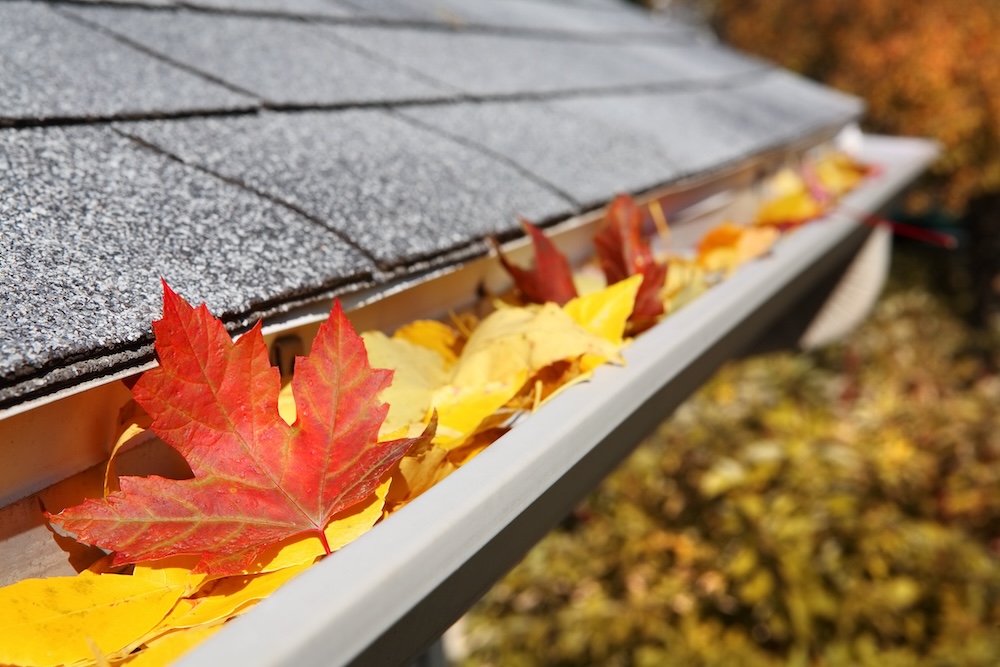
Prune Trees and Shrubs
Overgrown trees and shrubs can cause damage to your home if they’re left unchecked. As part of your seasonal preparation, take time to prune back branches that are too close to your home or power lines. This is particularly important before stormy weather, as strong winds can cause branches to break and damage your property. Plus, pruning helps promote healthy plant growth and keeps your landscaping looking its best.
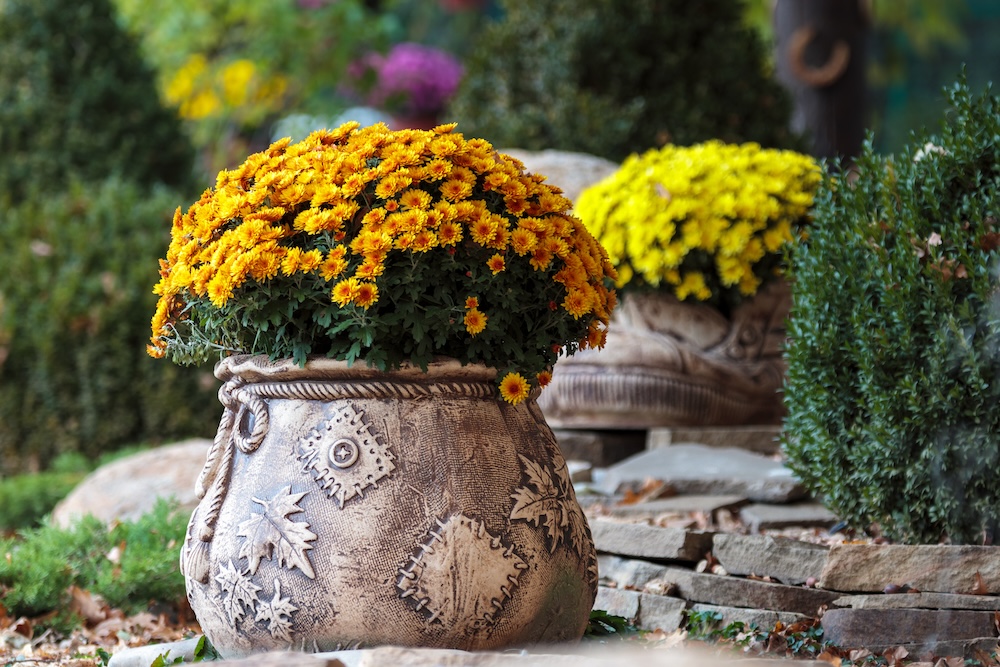
Change Air Filters
Air filters in your HVAC system or other air purifiers should be changed regularly, especially during times of seasonal transition. Clean air filters improve indoor air quality and help your system run efficiently. Set a reminder to change your air filters every 1-3 months, depending on your system and household needs. This simple step can extend the life of your HVAC system and ensure that the air in your home stays fresh and clean.

Take the Next Step
Preparing your home for the changing seasons doesn't have to be complicated, but it does require regular attention. By following these simple tips, you can keep your home in great shape, no matter what the weather brings. If you have any questions about maintaining your home or are thinking about making updates to increase its value, don’t hesitate to contact us today. We’re here to help with expert advice and guidance for all your home-related needs.

